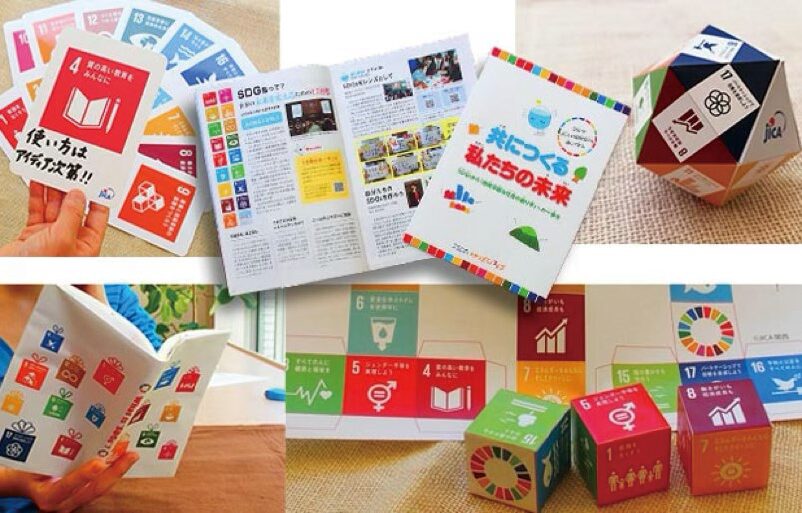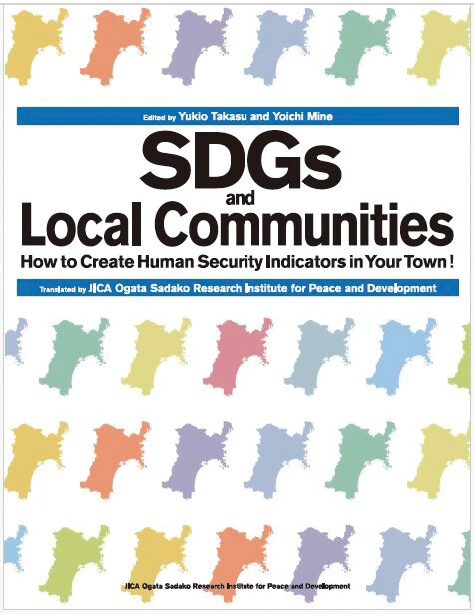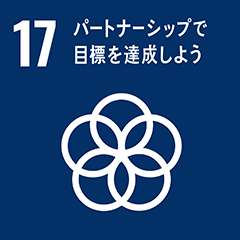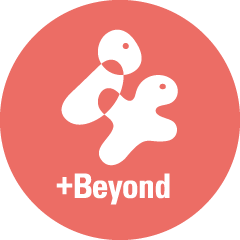Inochi Declaration
Create our own SDGs at the community level, implement them through local action, and build a society that protects and nurtures the dignity of Inochi.
How can we realize a society where every Inochi unleashes its radiant light?
In the international community, the importance of “human security” has been emphasized. It is a concept rooted in the freedom from fear and want and the freedom to live in dignity. Dignity forms the foundation of the United Nations Charter and the Universal Declaration of Human Rights, affirming that each individual possesses irreplaceable value. People also harbor a sense of reverence toward nature— including other living beings and even inanimate objects— and feel an obligation not to violate their inherent dignity.
Thus, a society where every Inochi unleashes its radiant light must necessarily be a society where the dignity of all life, including human life, is recognized.
To realize such a society, it is essential to nurture local communities where people are mindful of each other and ensure that no one is left behind or deprived of their dignity, and where the destruction of the natural environment is prevented. Communities must be places where members can care for one another within a visible range. However, local communities in Japan today are rapidly weakening. Population outflows from rural areas to cities have accelerated, and mobility between cities and from cities back to rural areas is increasing. In urban areas, where such flows are concentrated, attachment to communities is declining, and community bonds are weakening. Meanwhile, in many rural areas, declining populations and aging are eroding traditional communities. In some areas, efforts to rebuild communities by welcoming migrants and foreigners have been insufficient. Thus, communities—which should serve as the foundation for a society that respects dignity—are losing their vitality both in urban and rural areas.
The Inochi Forum propose that community members come together to set their own SDG targets and indicators and take action to achieve them. Although the SDGs were agreed upon through negotiations among nation-states, the 17 Goals are universal and highly applicable at the community level. The SDGs present a diverse menu of issues, enabling communities to expand beyond their traditional boundaries and confront new challenges they may not have previously considered. They also allow communities to learn from pioneering examples set by others. In this way, the SDGs serve as a shared language for thinking about efforts toward a dignified and sustainable society.

Various teaching materials for learning about the SDGs


The English versions of “SDGs and Japanese Society” and “SDGs and Local Communities”
In this context, to support such community-level SDG initiatives internationally, the JICA Ogata Sadako Research Institute for Peace and Development has published English translations of its research books, SDGs and Japan and SDGs and Local Communities, which propose indicators that visualize the implementation and challenges of SDGs in Japanese local governments from the perspective of human security. Additionally, the institute is conducting research projects aimed at preparing for the next set of international development goals following the SDGs. These projects examine examples of local communities setting their own SDG targets and indicators, aiming to disseminate the expe- riences and knowledge gained.
The SDGs illustrate the image of a better world to be achieved by 2030. Until now, the SDGs have largely been implemented through top-down initiatives led by national governments and international cooperation efforts. Going forward, it is essential to set original SDG targets and indicators at the level of local communities—where people can see each other’s faces and the surrounding natural environment—and to revive community-based collaboration and self-governance. Learning from community-level practices, it should also be possible to formulate the post-SDGs international development goals through participatory approaches.
Together with organizations like the JICA Ogata Sadako Research Institute for Peace and Development, the Inochi Forum will work to realize a society where the dignity of all Inochi is secured, starting from the bottom up at the community level.
[References]
・Research on the Indicator Framework for New International Development Goals Beyond 2030
https://www.jica.go.jp/jica_ri/research/environment/1535667_13953.html
・SDGs and Japan (Japanese and English versions)
https://www.jica.go.jp/jica_ri/publication/booksandreports/20201117_01.html
・SDGs and Local Communities (Japanese and English versions)
https://www.jica.go.jp/jica_ri/publication/booksandre-ports/1531176_21881.html
・Research Project on the Promotion of Private Sector Engagement for the Achievement of SDGs (in collaboration with Brookings Institution)
https://www.jica.go.jp/jica_ri/research/partner/1515822_24130.html
・Ministry of the Environment, Japan – Regional Circular and Ecological Sphere Initiative
https://chiikijunkan.env.go.jp/
・Keio University Kawakubo Laboratory – Local SDGs Platform
https://local-sdgs.jp/?lang=ja
・Keio University Kawakubo Laboratory – Platform Clover
https://platform-clover.net/
・Regional Revitalization SDGs Model Projects (Cabinet Office, Japan)
https://www.chisou.go.jp/tiiki/kankyo/index.html
・Japan Civil Society Network on SDGs
https://www.sdgs-japan.net/
・JICA Ogata Sadako Research Institute for Peace and Development
https://www.jica.go.jp/jica_ri/index.html
[Action Platform]
SDGs+Beyond
[SDGs]




